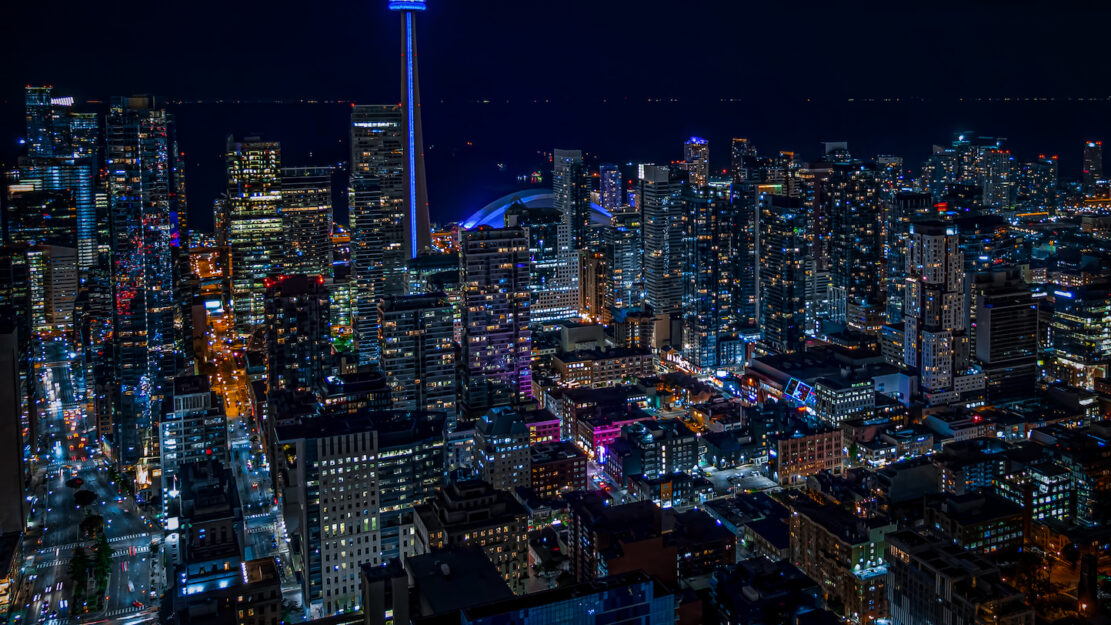
Should / can humanity leave nature behind?
Can humanity leave nature behind?
Here are some of the best snippets from this MUST-READ piece on BBC.com
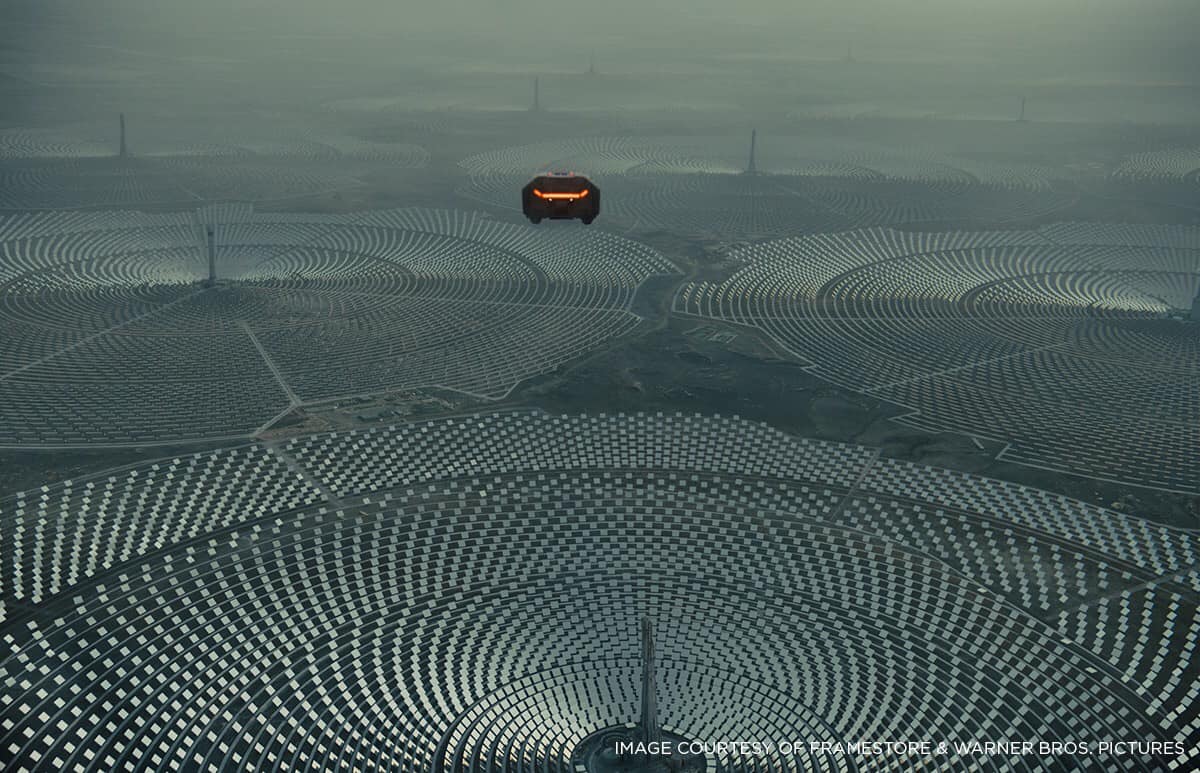
“In the opening few minutes of the science-fiction film Blade Runner 2049, a police car flies over a landscape that has been transformed by synthetic farming. Concentrically-arranged mirrors for capturing solar energy point and tilt towards central towers like worshippers at Mecca, circle after circle stretching into the distance. We learn these farming techniques saved humanity from famine caused by ecological collapse in the mid-2020s. The entire planet is ravaged, containing nothing but highly coveted relics of “real” organisms, and a dysfunctional climate characterised by dry dust.”
Read more via bbc.com
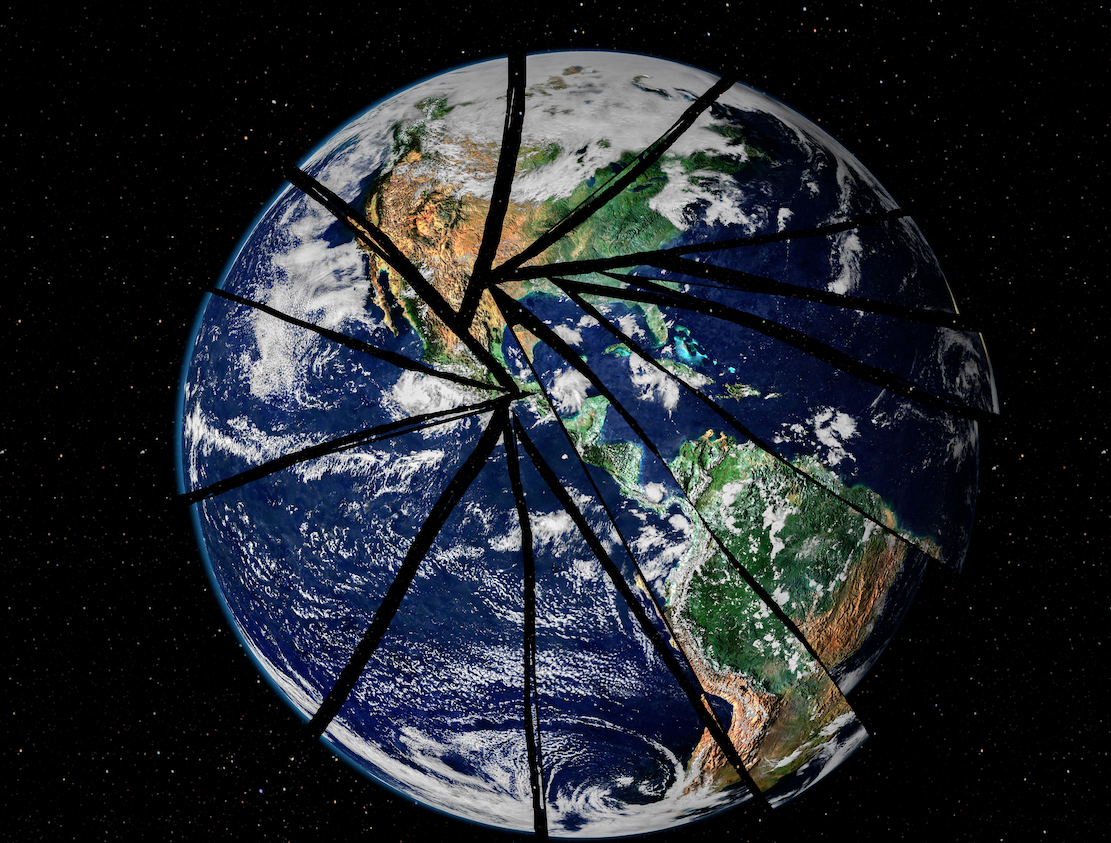
“Throughout 2020 and 2021 as the world hunkered down for the Covid-19 pandemic, I found myself reflecting on this bleak depiction. I puzzled over what the future might look like once humanity had overcome Covid-19, and the climate-ecological crisis shimmered once again into view. If severe environmental degradation continues, a plausible path is one where humans will, through necessity, decouple from a biosphere that ceases to function.”
Read more via bbc.com

“What if Earth really was in trouble and the planet’s natural systems are fated to collapse and die off? Will we develop artificial back-ups to take their place, like in Blade Runner, and if so, what might that world look like?”
Read more via bbc.com
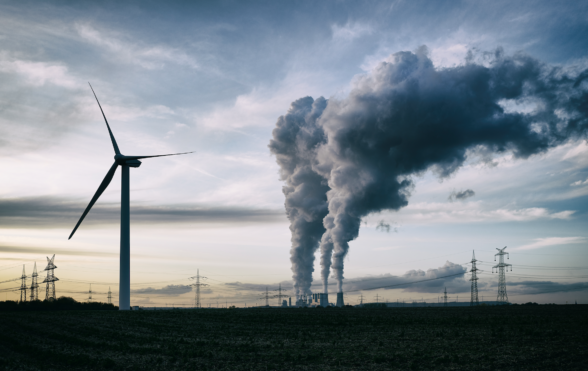
“Faced with a looming collapse of Earth’s natural systems, talk of decoupling is no longer science fiction. In some cases, it manifests as ever more profound “fixes” to preserve our pursuit of the good life. For example, scientists have begun devising ways to synthesise “ecosystem services” – such as pollination or other natural processes that benefit human society.”
Read more via bbc.com
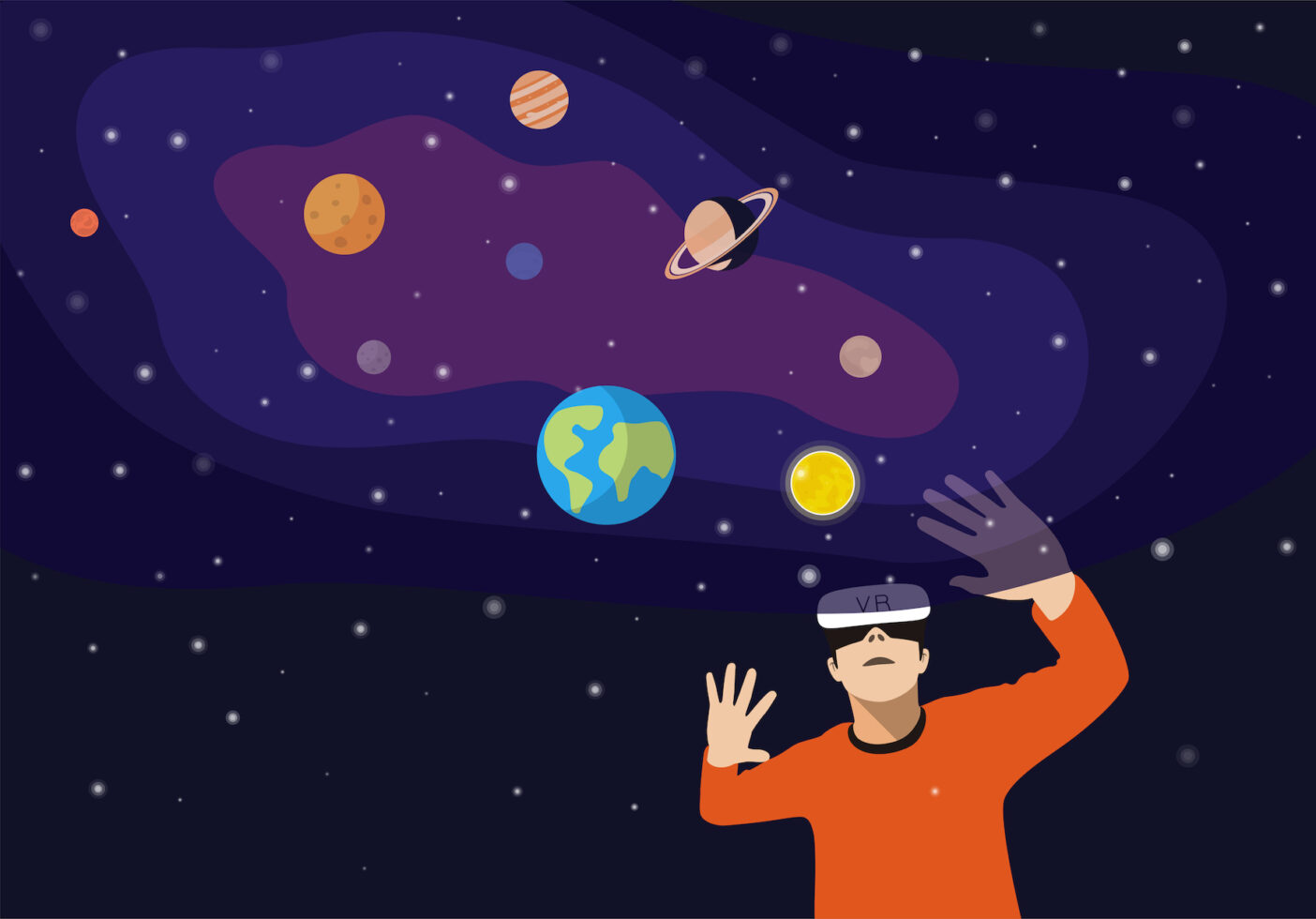
“At other times, the proposed decoupling is framed as a form of escapism. The newly touted “metaverse”, for instance, promises a form of spatial, workplace and recreational departure from the “meatspace” of the physical world: why visit a polluted forest or lake when you can access a near-perfect digital simulation of a clean one from your home? Elsewhere in Silicon Valley, technologists and billionaires talk of the need to abandon a degraded Earth altogether, and are taking the tentative first steps to develop Mars-bound spaceships.”
Via bbc.com
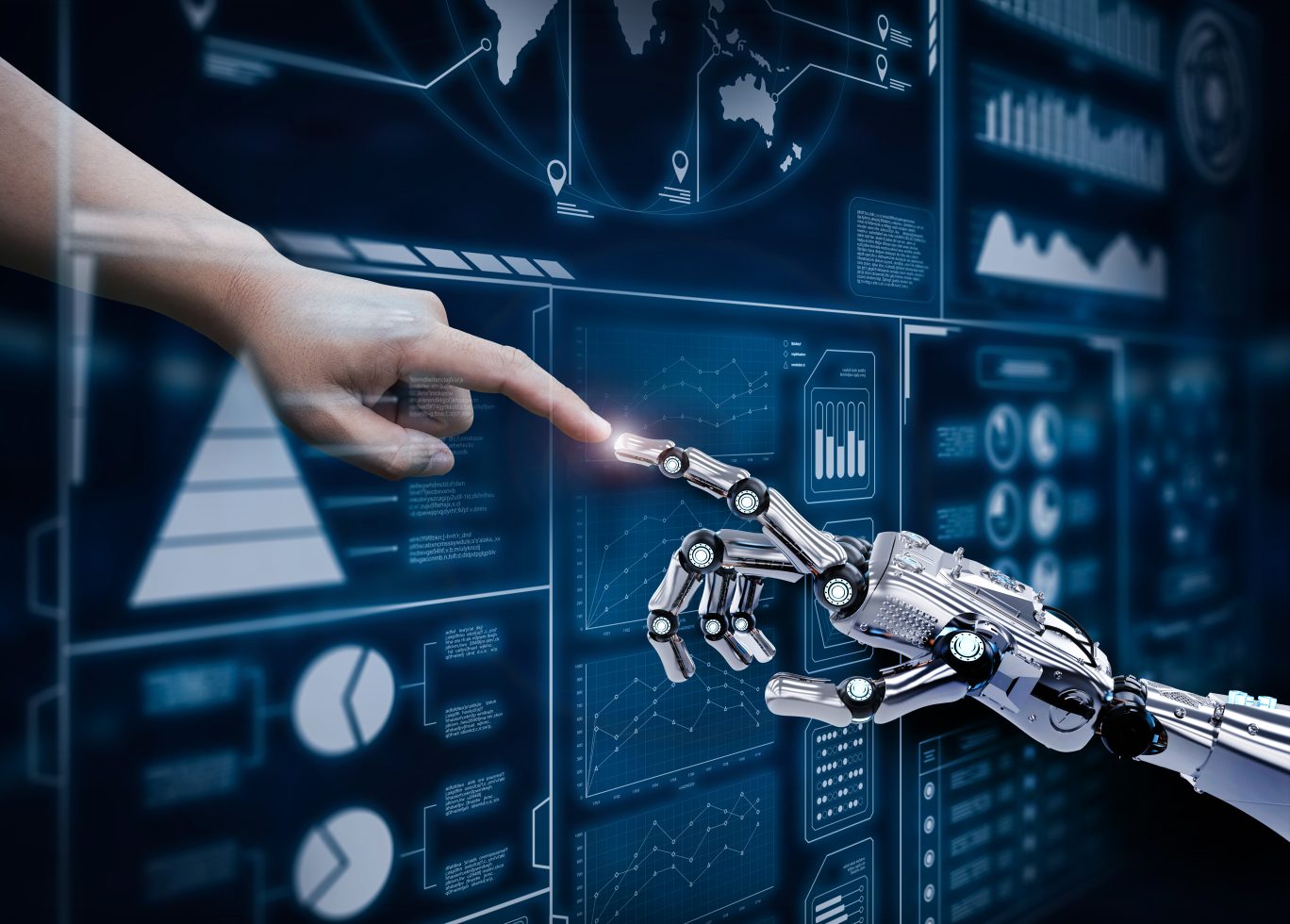
“The threat of an exclusively human-technological world would not be a dystopia to many. Advocates of transhumanism, for example, imagine a future where humans have transcended their current state to combine with technology – in the most extreme cases, evolving into uploaded digital beings. Rather than seeking to preserve natural systems, we might instead genetically integrate ourselves with the biosphere, such that both human and natural are transformed.”
Read more via bbc.com

“However, a Blade Runner world that contains only humans and matter technologically arranged under their control, would be a machine wilderness rather than an organic one. In that future, green transhumanism would not even be possible. Either there wouldn’t be anything left to get absorbed into, or the valuable bits of the biosphere would get wholly taken into us, assimilated and changed, appropriated, and the remainder would be gone.”
Via bbc.com
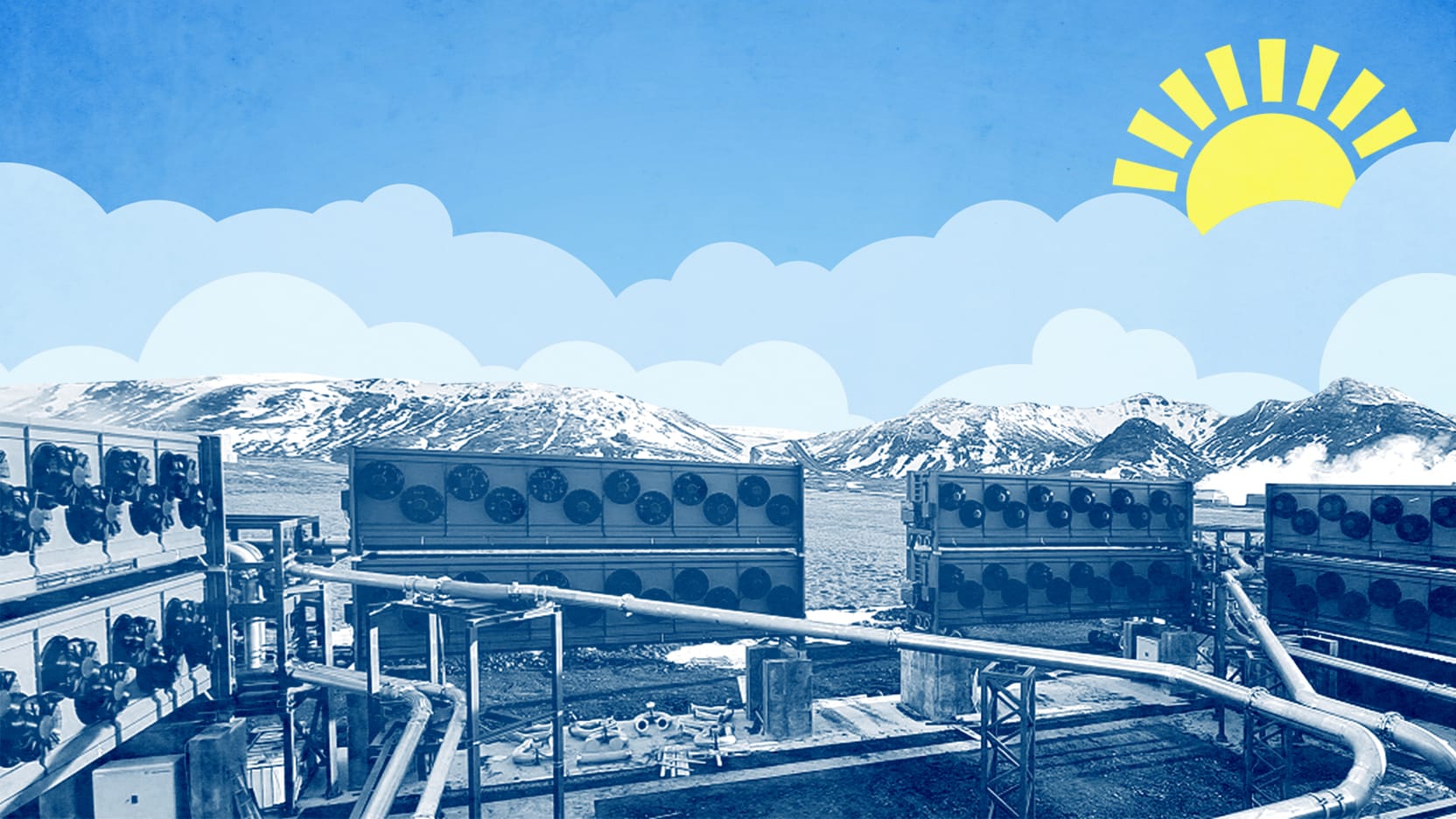
“Offsetting is not a new idea. We are most used to encountering it in the context of air travel: you can pay for a company to plant CO2-guzzling trees. In terms of carbon offsetting, trees are a good contender for the polar opposite of air-travel pollution on the gradient outlined above, even if the practice currently has problems in terms of a time-lag in carbon sequestration and unhealthy monocultures of trees.”
Read more via bbc.com
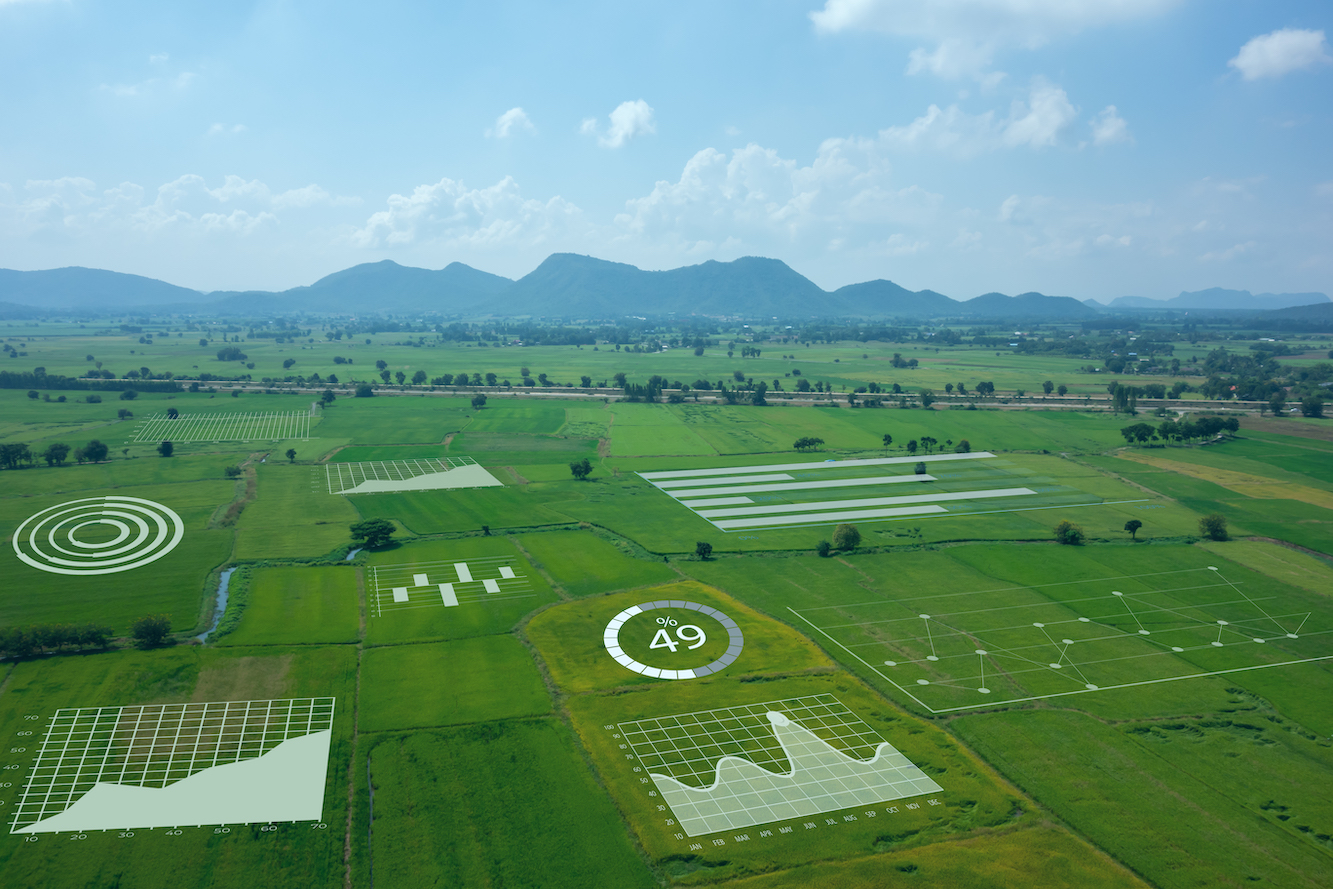
“Another well-established category of offset is reserving land for national parks, green belts to contain cities, or nature reserves to preserve valuable ecosystems. Here, though, these schemes are often undertaken by governments, and there is often less of a direct link between the builders of engineered objects such as a new housing block or factory, and areas of regeneration or rewilding.”
Read more via bbc.com

“There are also recent projects underpinned by so-called “nature positive” principles, which aim to build ecological resilience and reverse loss. Operation Wallacea, a biodiversity and climate research organisation, has devised biodiversity credits to trace the tangible improvements to biodiversity in any given area, and to develop an international biodiversity credit standard which could be traded in the same way as a carbon credit.”
Via bbc.com
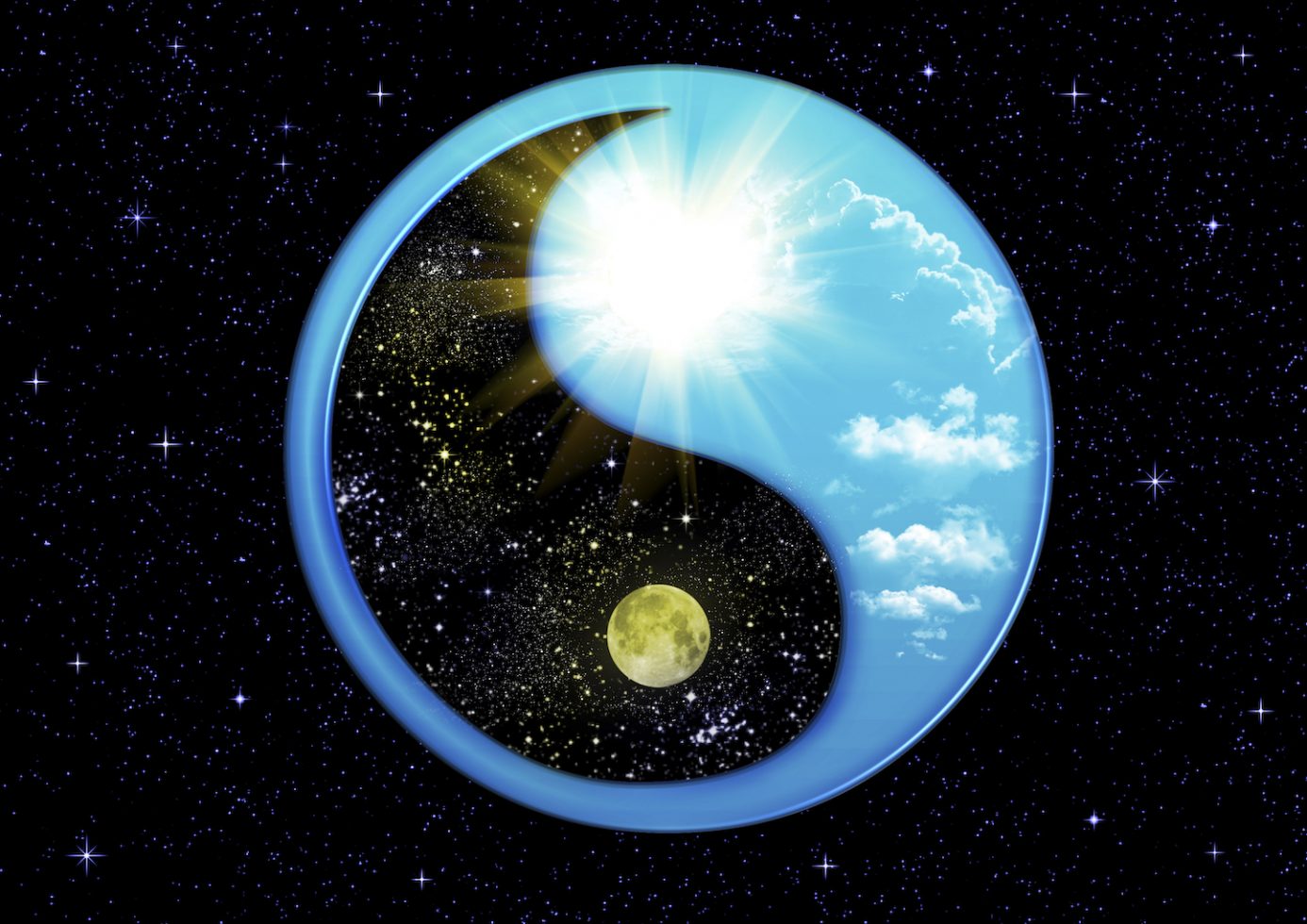
A long-lived truth
“As well as the practical benefits, there could be deeper reasons to embrace an approach of balancing human complexity in this way, rooted in timeless human ideas. There was something about the two types of material complexity − extreme human engineering on one hand, and total organic wildness on the other − that reminds the concept of psychological wholeness; the balancing of the conscious and unconscious elements of the psyche.”
Read more via bbc.com
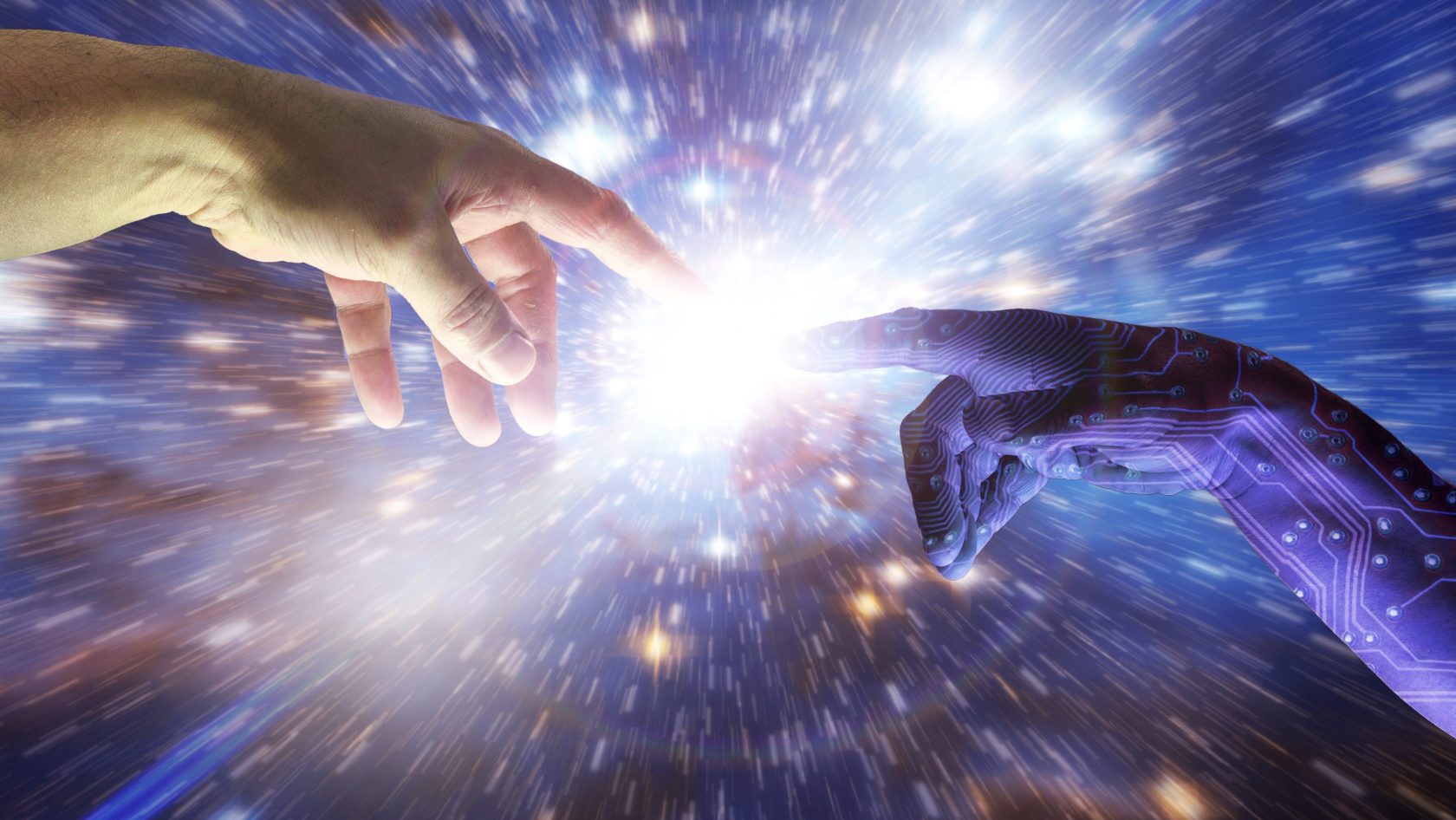
“The truth is we may need an existence like Blade Runner 2049 in some portions of the planet, and we do need to decouple to some extent, as technology will be needed to liberate the land required for rewilding. But, watching the recent flurry of commercial space flights, it is wondered about how much biodiversity had been lost to make that happen, what it cost the Earth system. If the Earth is not to be irreversibly degraded and unbalanced, we need some equal and opposite pull in the direction of replenishing natural complexity. Surely the best reward of a healthy planet is space exploration, not it being an escape from a dying planet. If the human-biosphere umbilical cord is to be cut, it should leave mother Earth in peak health, and in service to both parties.”
Via bbc.com
